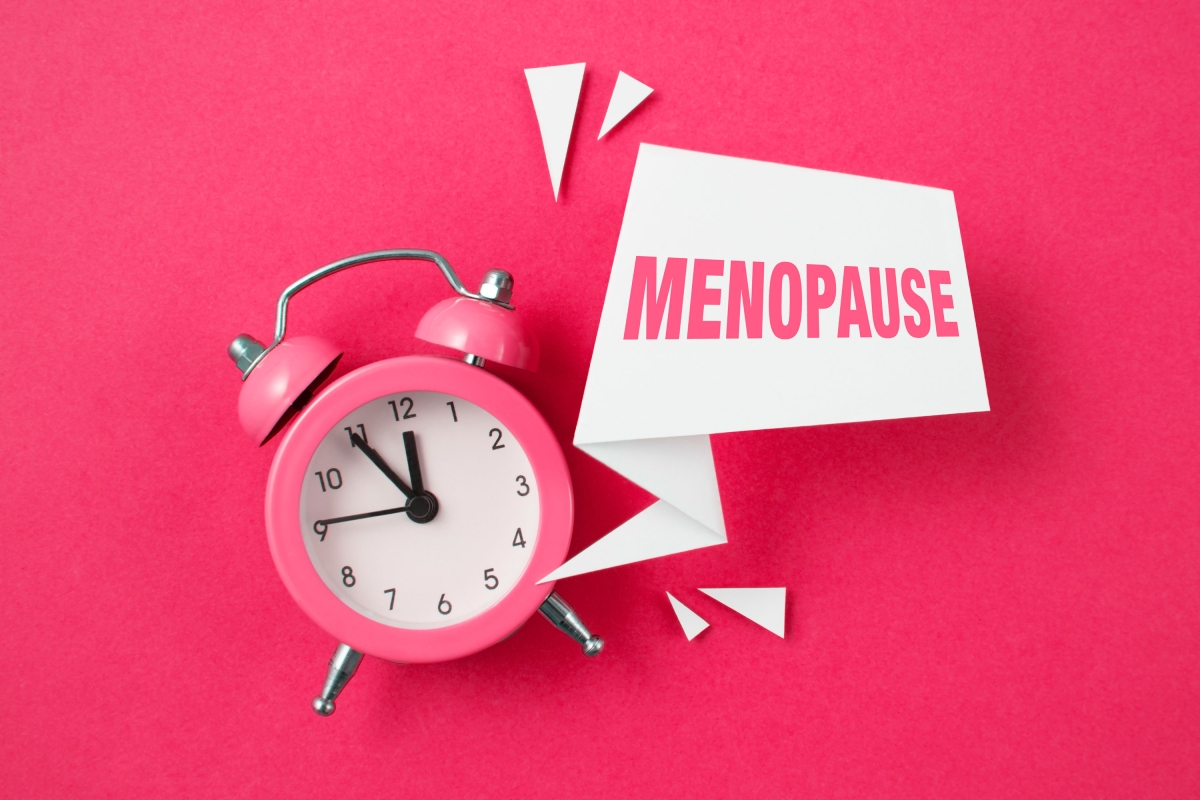Empowering Businesses for a Menopause-Aware Workplace
It's more important than ever for businesses to be aware and savvy about menopause.
The right thing for responsible employers to do
The LGA recently updated that almost 8 out of 10 menopausal women are in work. Menopausal women are the fastest growing demographic in the workplace. 14 million working days are lost to menopause each year in the UK.
Not only are there clear financial and productivity drivers, but there are also strong legal and ethical imperatives to being menopause aware. More and more businesses rightly spend more time and effort thinking about staff wellbeing and understanding more clearly how work and personal life overlap differently for each individual. This is the right thing for responsible employers to do.

Menopause awareness
We all – business and individual alike – need to educate ourselves as much as possible. A recent study by University College London has found that more than 90% of postmenopausal women were never taught about the menopause at school and over 60% only started looking for information about it once their symptoms had started.
It remains extraordinary that something that directly affects half the world's population should be so encumbered by mystery and shame, but it is. I often hear from women who have internalised the taboo surrounding menopause and want to bury their head in the sand. I don’t blame them... and I have been one of them.

Recognising the symptoms
The list of possible symptoms is alarming, and it’s important to be aware of them as menopause doesn't announce itself. The definition of being menopausal is 12 months without a period - but many other effects of the hormonal changes creep up bit by bit. The NHS has helpful information on menopause and perimenopause symptoms.
Raising awareness about these symptoms can empower individuals to seek support and manage their health more proactively. By understanding that these changes are a natural part of the perimenopausal transition, people can explore lifestyle adjustments, treatment options, or speak to healthcare professionals to improve their quality of life during this phase.

Remember, you're not alone
One way we can help spread intelligence on menopause is to call it by its name - not "the change" (sometimes mouthed silently) or "time of life" or "lady of a certain age." These euphemisms pretend to keep us safe, but they keep us stuck in shame and denial.
The most important thing to remember is that you're not alone. Literally everyone is affected by menopause - as a child or partner, friend or relative of a woman or someone experiencing menopause symptoms.
Talk to people in and out of work and find out what your organisation has in place. Ask your questions and listen to others' answers. Follow champions and allies such as the new Menopause Employment Champion Helen Tomlinson.

Our menopause in the workplace event
Thresholds hosted a free menopause in the workplace event and you can watch the session below.


